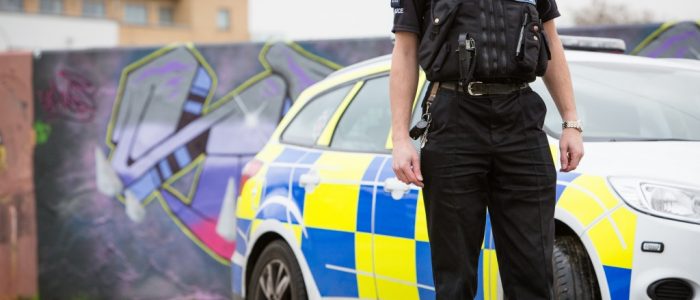Roads policing must be a priority for policing after year’s of cuts
ROADS policing has to emerge as a priority for policing, among all the other areas of the service that need attention, Essex Police Federation says.
The PFEW has called for policing our highways to be near the top of the list to reverse years of damage which has seen the number of roads police officers fall and the number of motorists injured and dying go up.
Some 1,800 people die on UK roads each year – more than twice the number of deaths from homicides and terrorism combined. A further 25,000 people are seriously injured – while the number of roads officers dropped by 18% between 2015 and 2019.
They’re headline-grabbing figures which suggest roads policing needs to be shuffled up to the top of the agenda.
“Roads policing is a priority. Over the years we have just cut away at that, and I think we are now seeing the consequences as a result of that”, Essex Police Federation Chair Laura Heggie said.
“Essex is heading in the right direction getting more officers in and that’s very much a long-term fix because even getting the officers through the door they’ve still got to do all their training, they’ve got to progress.
“Until we build up our numbers that we have lost then we’re not in a position to necessarily expand on the specialist departments, be it CID, be it traffic.
“It used to be when you drove around you’d see a police car, you’d see the traffic car, you’d see a traffic officer standing at the side of the road doing a road check or doing a speed check.
“You don’t see that anymore, and that’s one of the complaints we get from the public; they never see a copper,” Laura added.
“That’s frustrating as well because a lot of the times now that people see police officers is only when they’ve called them, when they actually really need them, which is unfortunate and we lose information and intelligence that we used to gain that we don’t get now.”
A certain element of deterrent has also been removed, Laura warned.
“People might be over the limit, but they run the risk because what’s the chance of them seeing a police officer, especially in the more rural locations?
“The deterrent isn’t there at the moment because we haven’t got as many dedicated roads policing officers out there,” she said.
Other priorities and gaps that need filling in the service can mean it’s a slow process refilling the roads policing ranks.
“I had an enquiry from an officer recently, they’ve been waiting, they’ve got accepted onto roads policing, but they’re still waiting for their posting date,” Laura said.
“They’ve been given three separate posting dates, but because of COVID-19 each of those has been changed, put back. They’re still waiting to go.
“But the difficulty is everything has slowed down, so there aren’t the people necessarily to backfill their role within the shift to then release them to go to traffic and roads policing.
“It is a knock-on effect, and it’s frustrating for those officers because when they apply for specialist roles or another role they put a lot of time and effort into that application and the interview that follows it.
“They get a ‘yes’ but then sit there just waiting because there are priority areas and other priority areas.”


Comments are closed.